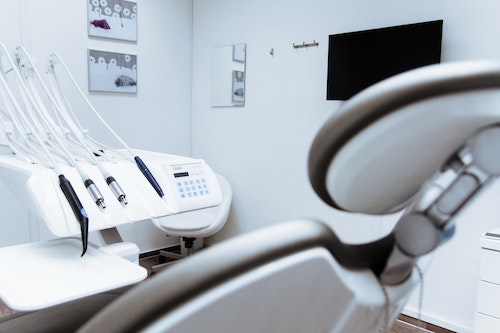
European Health Systems: Preparedness and Response
The outbreak of the COVID-19 pandemic has put European health systems to the test like never before. Health professionals, policymakers, and concerned citizens have all been keenly observing and analyzing the preparedness and response of these systems. In this blog post, we will explore how European health systems have fared in terms of their preparedness, the effectiveness of their response, and the lessons that can be learned from this unprecedented crisis.
Preparedness
Preparedness is the key to effectively managing any health crisis, and European health systems have been proven to be relatively well-prepared. Many European countries had existing pandemic preparedness plans in place, which played a vital role in early detection, containment, and mitigation strategies.
One significant aspect of preparedness in European health systems was the infrastructure and resources available. Hospital and healthcare capacities were expanded to accommodate a surge in COVID-19 cases. This included creating dedicated COVID-19 treatment centers, increasing the number of intensive care beds, and acquiring essential medical equipment such as ventilators. The overall robustness of the healthcare infrastructure across European countries has been instrumental in minimizing the strain on these systems.
Furthermore, European health systems have also demonstrated a high level of preparedness in terms of human resources. Health professionals, including doctors, nurses, and support staff, have shown remarkable dedication and resilience, working tirelessly on the front lines to provide quality care to patients. Their expertise and commitment have immensely contributed to the successful management of the crisis.
Response
The response of European health systems to the COVID-19 pandemic has been multifaceted – encompassing quick policy decisions, effective communication, and strategic coordination among stakeholders.
One crucial aspect of the response has been the implementation of evidence-based strategies and guidelines. European health systems have relied on scientific expertise to inform their decision-making processes, collaborating with research institutions and international organizations to develop and update guidelines in real-time. This commitment to evidence-based practice has ensured that response measures are aligned with the best available scientific knowledge.
Another significant factor in the response has been effective communication. European health systems have recognized the importance of transparent and timely communication with the public. Regular updates, public health campaigns, and clear instructions on preventive measures and testing protocols have helped to raise awareness and promote responsible behavior. The availability of helplines and online resources has also played an essential role in providing reliable information to concerned citizens.
Collaboration and coordination have been key pillars of the response effort. European health systems have collaborated at the national and international levels, sharing data, best practices, and expertise. This spirit of cooperation has been crucial in optimizing resource allocation, facilitating cross-border patient care, and advancing research efforts. The response has also seen unprecedented collaboration between the public and private sectors, with innovative partnerships to manufacture and distribute medical equipment and vaccines.
Lessons Learned
Although European health systems can be commended for their preparedness and response to the COVID-19 pandemic, there are valuable lessons to be learned from this crisis.
Firstly, investments in public health infrastructure and systems should be a priority for policymakers. Ensuring adequate funding, human resources, and updated infrastructure will enhance the preparedness of health systems to effectively manage future health crises.
Secondly, the importance of early detection and surveillance systems cannot be overstated. Improving these systems could facilitate early intervention and containment, preventing the rapid spread of diseases.
Thirdly, the pandemic has highlighted the need for strong international collaboration and information sharing. It is crucial to establish and strengthen networks that allow for rapid response and coordination during a crisis.
Lastly, building community resilience and trust should be integral to future preparedness efforts. Investing in public health education, raising awareness about preventive measures, and maintaining open lines of communication with citizens will help ensure a more engaged and responsible community response in the face of future challenges.
In conclusion, European health systems have shown commendable preparedness and response during the COVID-19 pandemic. The infrastructure, human resources, evidence-based strategies, and collaboration among stakeholders have been essential in managing the crisis thus far. However, it is important to learn from this experience and continue improving the preparedness and response of these systems. By investing in public health infrastructure, strengthening surveillance networks, fostering international collaboration, and building community resilience, European health systems can better address future health crises and protect the well-being of their populations.



